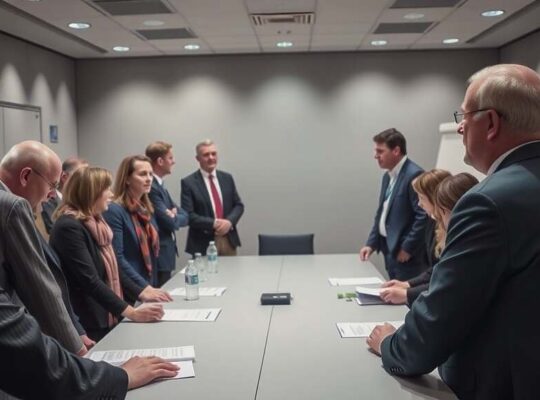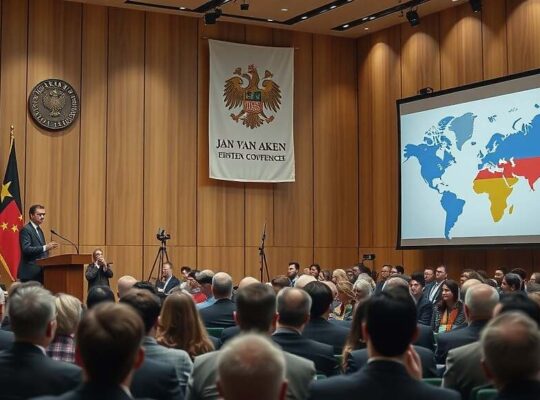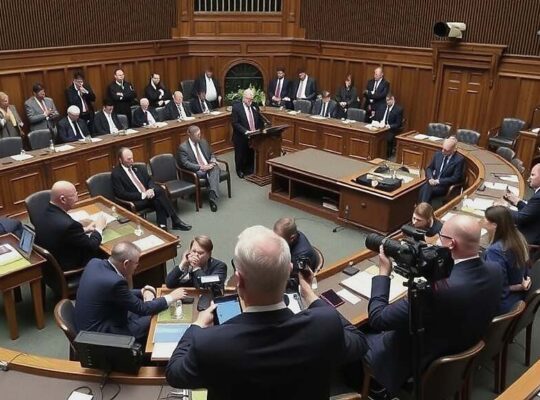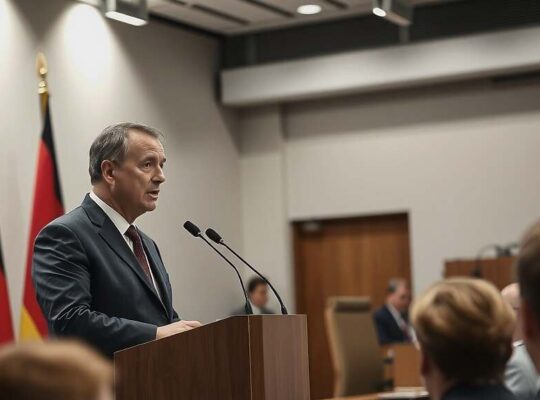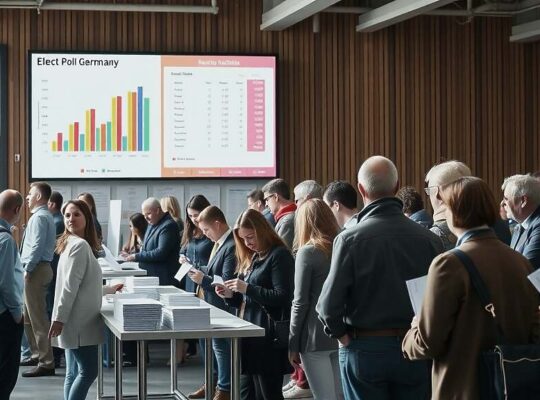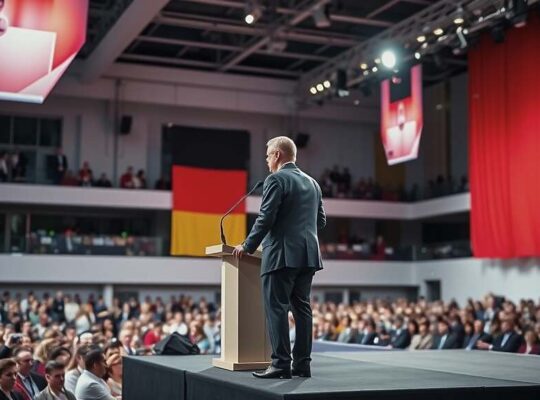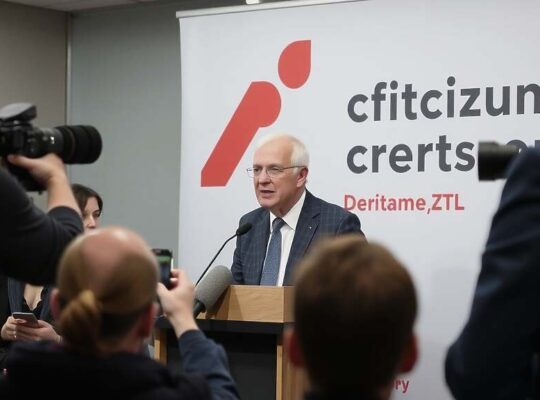Hamburg’s Environment Senator Katharina Fegebank has issued a sharp call for greater candor and strategic recalibration within the Green Party, ahead of this week’s Bundesdelegiertenkonferenz. In an interview with “Welt”, Fegebank urged her party to adopt a more forthright approach, particularly concerning the future of Germany’s social welfare systems, advocating for “honest communication” even when facing politically sensitive realities.
Fegebank distanced herself from divisive rhetoric, specifically criticizing the recent deployment of terms like “class struggle” by Green Party co-leader Felix Banaszak. While acknowledging the importance of addressing wealth distribution in Germany, she emphasized the counterproductive nature of confrontational messaging. “We must discuss these issues without triggering a ‘us versus them’ mentality” she stated, suggesting a move away from inflammatory language that risks alienating potential allies.
Looking to Baden-Württemberg as a model for political success, Fegebank pointed to the longstanding premiership of Winfried Kretschmann as a testament to a pragmatic and deeply rooted approach. Kretschmann’s tenure, beginning in 2011, has demonstrated the value of a measured and socially embedded political strategy. While acknowledging the unique urban context of Hamburg, Fegebank stressed the importance of maintaining a course of “reason and progress” across the entire party.
The upcoming state election in Baden-Württemberg, scheduled for next spring, is being characterized as a pivotal moment for the Green Party’s trajectory. Fegebank downplayed the current polling deficit as “recoverable” drawing parallels to Kretschmann’s past electoral comebacks and expressing confidence in current leadership under Cem Özdemir. However, the high stakes are undeniable, with Baden-Württemberg’s political climate directly impacting the party’s national standing.
Fegebank also highlighted the need for judicious handling of the contentious debate surrounding the phase-out of internal combustion engines. Recognizing the inevitable shift towards electric vehicles, she cautioned against actions that could destabilize regions heavily reliant on the automotive industry and its supply chain, emphasizing the importance of balancing environmental goals with the protection of regional economies and employment. The need for a nuanced and considerate approach to industrial transition, she argued, is crucial for maintaining public support.




